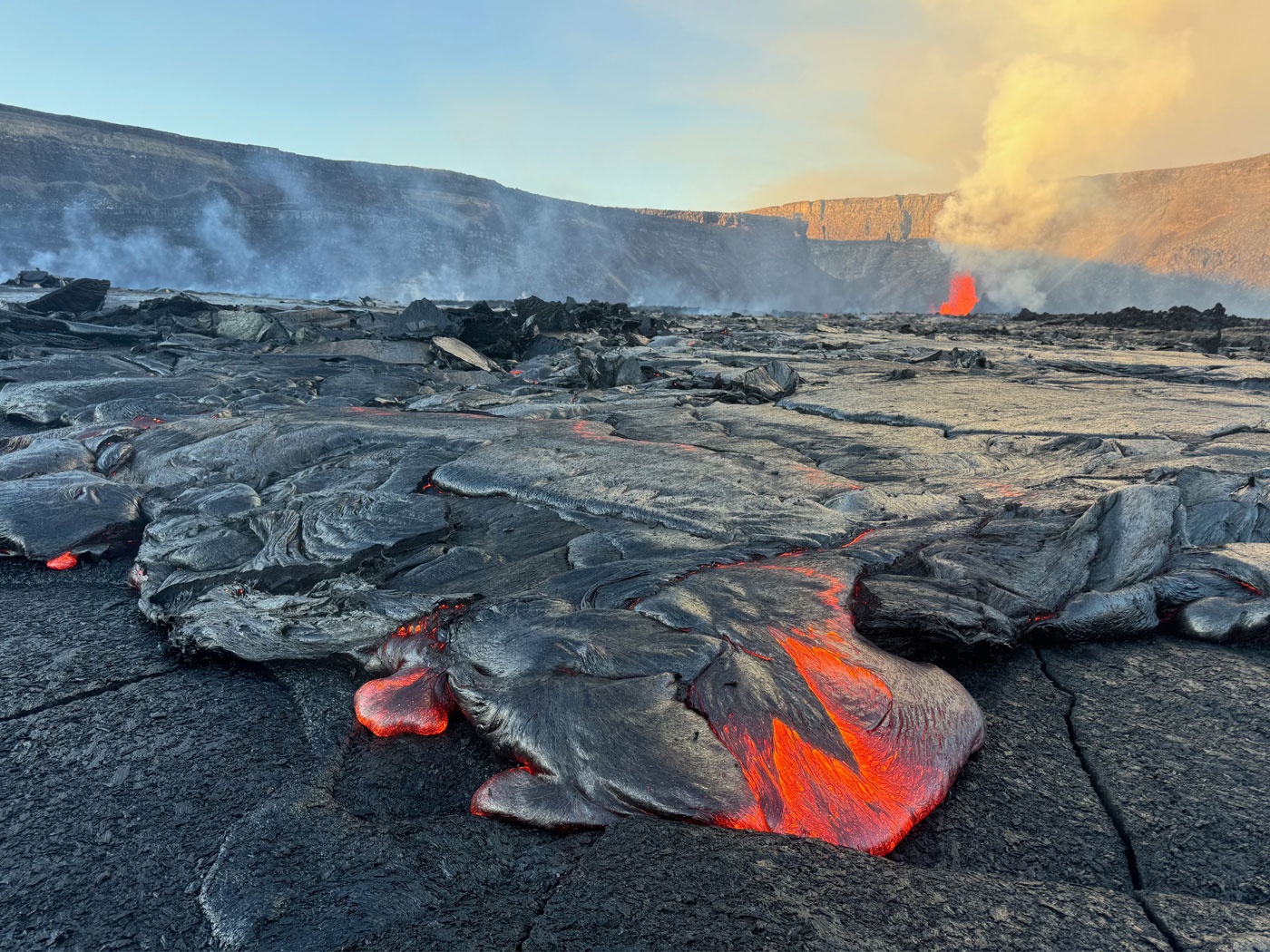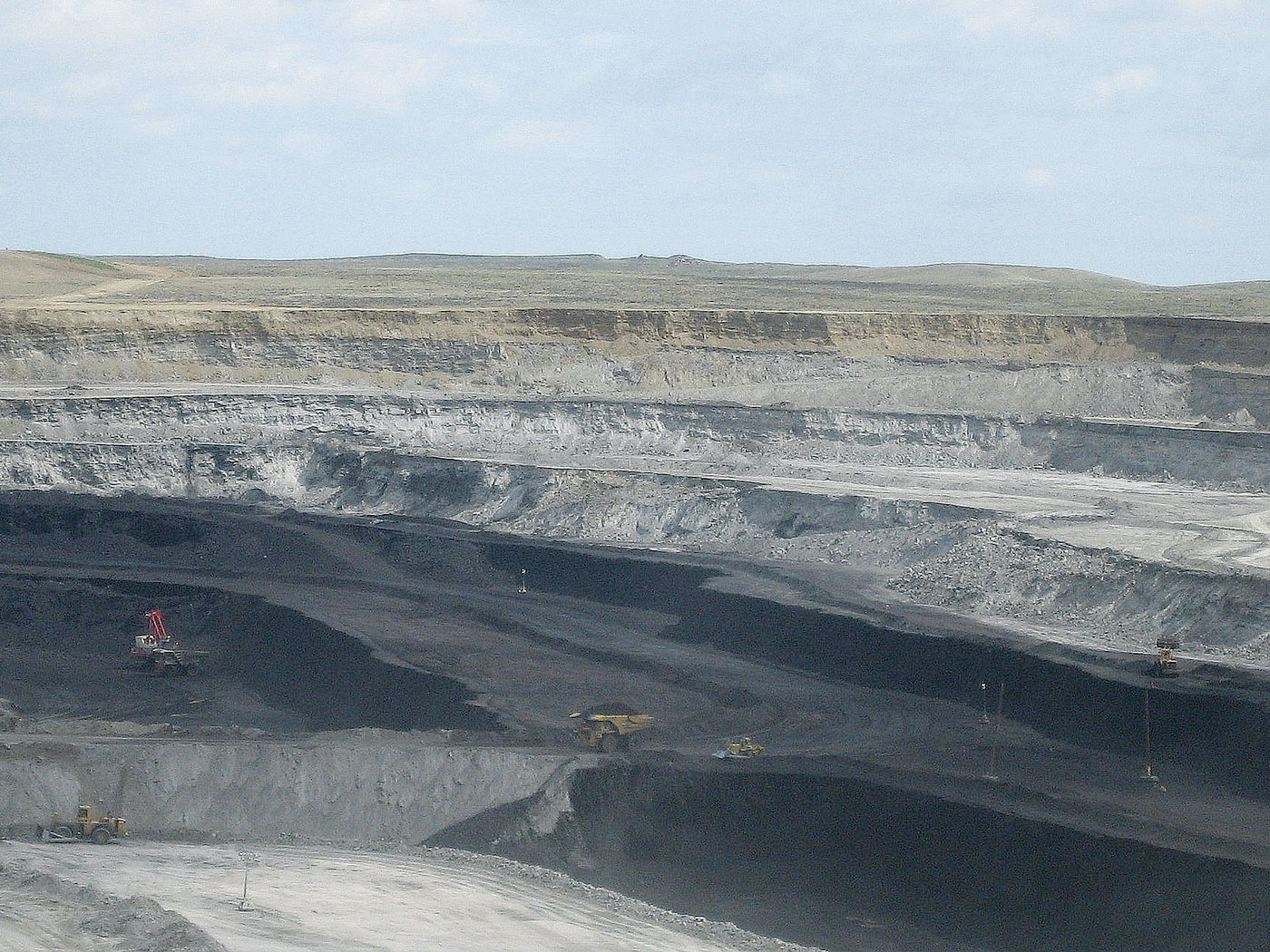Jesus and the Flood
by Henry M. Morris, Ph.D.
"For as in the days that were before the flood they were eating and drinking, marrying and giving in marriage, until the day that Noe entered into the ark, And knew not until the flood came, and took them all away; so shall also the coming of the Son of man be." (Matthew 24:38-39)
The Lord Jesus Christ not only believed in the special, recent creation of all things by God (note Mark 10:6-8), but also in the worldwide Flood of Noah's day, including the special preservation of life on the Ark. The Flood in which He believed was obviously not a "local flood," for He compared it to the worldwide future impact of His Second Coming.
Neither was it a "tranquil flood," nor a "selective flood," for Jesus said, "The flood came, and destroyed them all" (Luke 17:27). It is clear that He was referring to--and that He believed--the Genesis record of the great Flood! There it says that the whole earth was "filled with violence" (Genesis 6:13), having first been filled with people, and that the resulting world-cleansing deluge was so cataclysmic that "every living substance was destroyed which was upon the face of the ground, both man, and cattle, and the creeping things, and the fowl of the heaven; and they were destroyed from the earth" (Genesis 7:23). Indeed, "the flood came, and took |literally 'lifted'| them all away."
This is what Jesus said, and what He believed, and therefore, those who are truly His disciples must also believe this. The destructive effects of the Flood can still be seen today, not only in the biblical record, but also in the abundant evidences of cataclysmic destruction in the rocks and fossil graveyards all over the world. To refuse this evidence, as do many modern intellectuals, can only be because they "willingly are ignorant," as Peter said in referring to this testimony (2 Peter 3:5). HMM
This article was originally published January, 2013. "Jesus and the Flood", Institute for Creation Research, https://www.icr.org/article/7198/ (accessed March 05, 2026).











